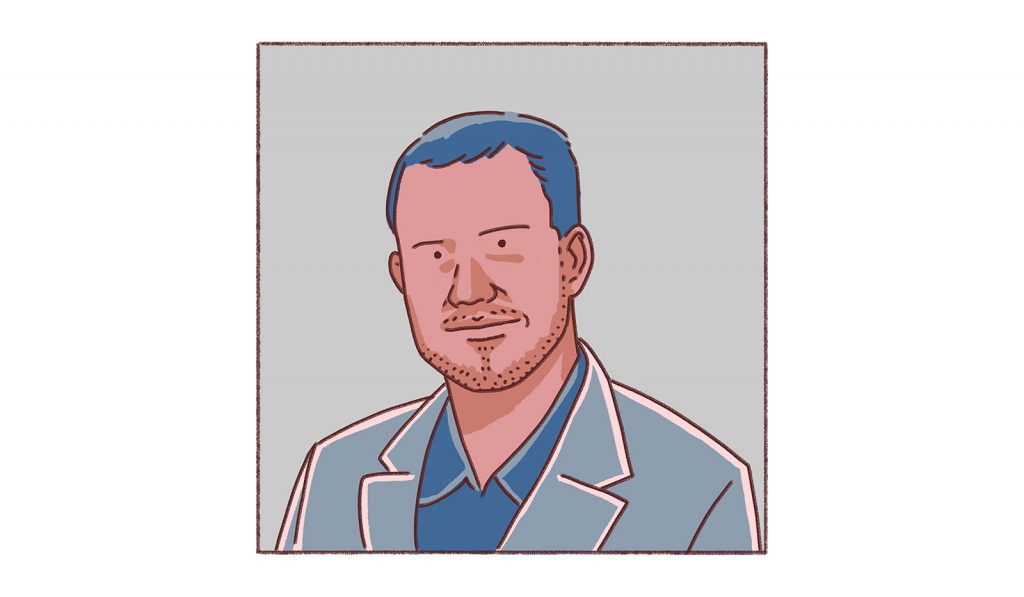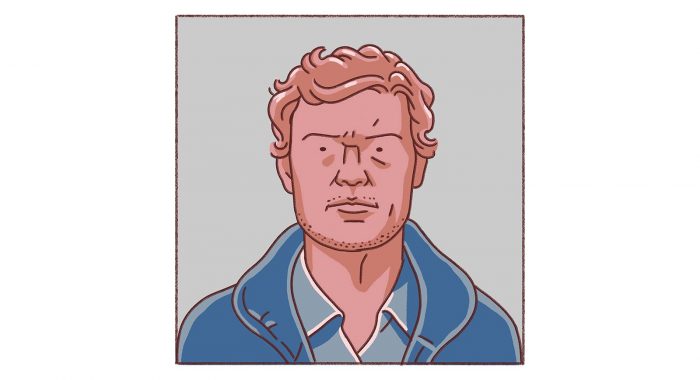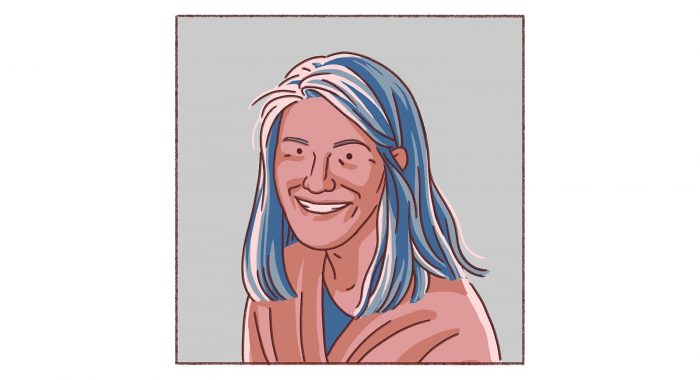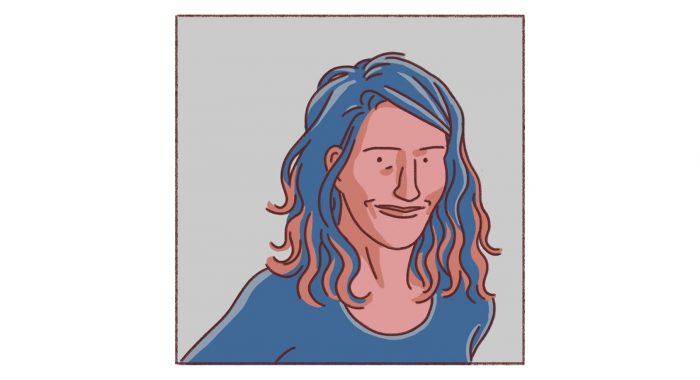
Jonathan Gottschall was driving one autumn day on the highway when the song “Stealing Cinderella” by Chuck Wicks came on the radio. At the end of the song, Gottschall, a father of two girls, found himself crying on the side of the road, thinking about the sweet pain of being the father of daughters. It was how he came up with the idea for his book, The Storytelling Animal: How Stories Make Us Human – translated in Romanian and published by Vellant –, which was a New York Times Editor’s Choice Selection and a finalist for the LA Times Book Prize.
In the book, he uses biology, psychology and neuroscience to try to understand what happened to him that day and how Chuck Wicks managed to break into his mind with that song. He tracks down the way stories shape our moral values, beliefs and behavior, and how they change our culture and history.
Driven by curiosity and asking himself “What would Hemingway do?”, Gottschall tried a different approach to answer his questions about the nature of stories. “I explored ways of using biology as a theoretical lens to get into these questions, and I pursued the use of quantitative scientific methods in a lot of my research. And I ended up basically pursuing a career path that was kind of a challenge to my entire field”, he says.
So when a mixed martial arts (MMA) gym opened across the street from his office, he entered the fighting cage to learn about the violence in men. He was 39 at the time. “I could actually look out the window and see the guys in the cage, young guys, dancing and hitting and grappling and fighting”, he told National Post after the experience. After almost two years of grueling training, pain and occasional humiliation, he learned how men keep violence in check. In the end, he entered the cage with a professional fighter, a 24-year-old MMA champion and wrote a book about the entire experience, The Professor in the Cage, an opportunity for Gottschall to answer several questions: why do men fight? And why do so many seemingly decent people love to watch?
Writing for Fast Company a few years ago, Jonathan Gottschall described himself as “a literary scholar who uses science to try to understand the vast, witchy power of story in human life”. He’s a Fellow at the English Department at the Washington and Jefferson College and his research at the intersection of science and art has been covered by The New York Times, Scientific American, The New Yorker, The Atlantic, The Chronicle of Higher Education, Nature, and NPR.
Gottschall’s work in the scientific fields of literature and evolution features analysis of classic literature – The Iliad and The Odyssey – to find out the main source of conflict. In these stories, conflict is not mainly about honor and wealth, but about evolutionary legacy – the lack of women to marry and the resulting problem of family continuity.
His writing on evolutionary patterns of behavior within literary texts goes hand in hand with him pushing for the use of scientific tools and methods in humanities subjects. He believes that a partnership between science and art is necessary if we want to understand the accuracy of the stories we tell about art and its origin.
Get to know Jonathan Gottschall’s work
- Why Storytelling is the Ultimate Weapon – How can stories be a Trojan Horse for our brain? In this article, Jonathan Gottschall looks at the way we process the narratives. According to him, „when we read dry, factual arguments, we read with our dukes up. We are critical and skeptical. But when we are absorbed in a story we drop our intellectual guard. We are moved emotionally and this seems to leave us defenseless”.
- Theranos and the Dark Side of Storytelling – An essay where Gottschall looks at the way a false – but strong and emotional – narrative can cloud objective analysis to the point that both media and the public come to see a person as a living symbol, and less as a human being prone to mistakes.
- Why We’re Storytelling Animals – In this podcast produced by The Business of Story, Gottschall gives some tips and tricks for the people who want to use storytelling in building their brand.
Jonathan Gotschall is speaking at the 9th edition of The Power of Storytelling. Register here to meet him and the other amazing speakers who will tackle this year’s theme: Heal.



